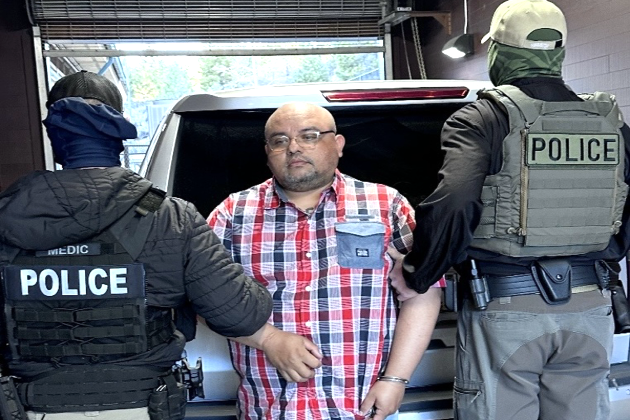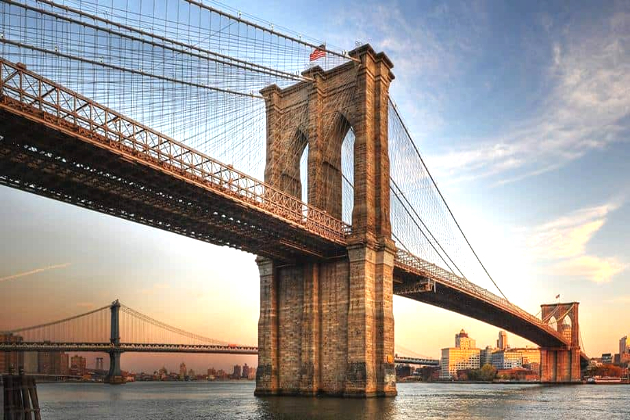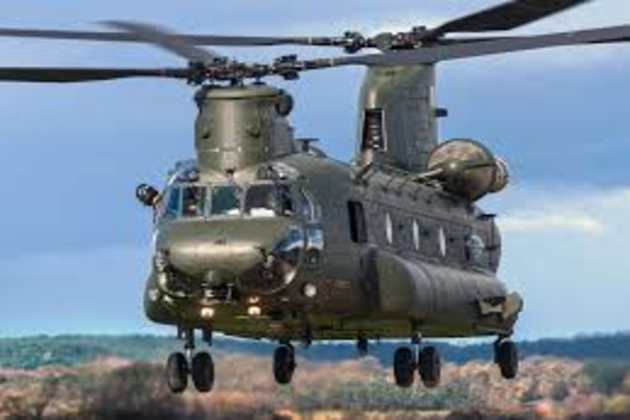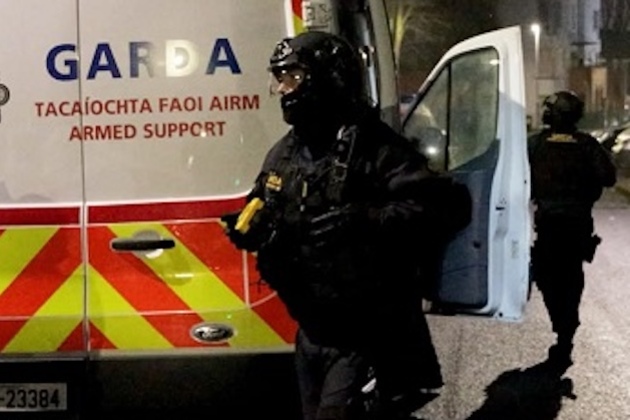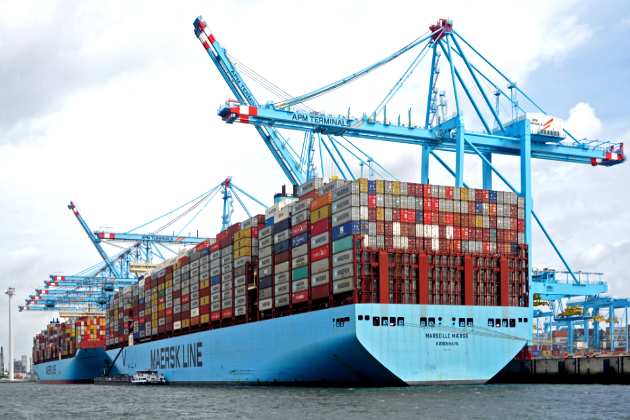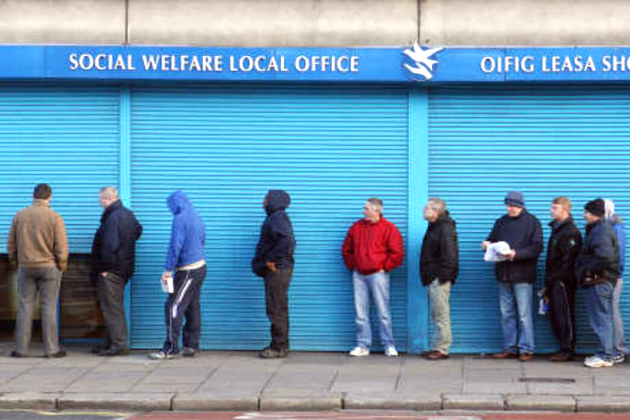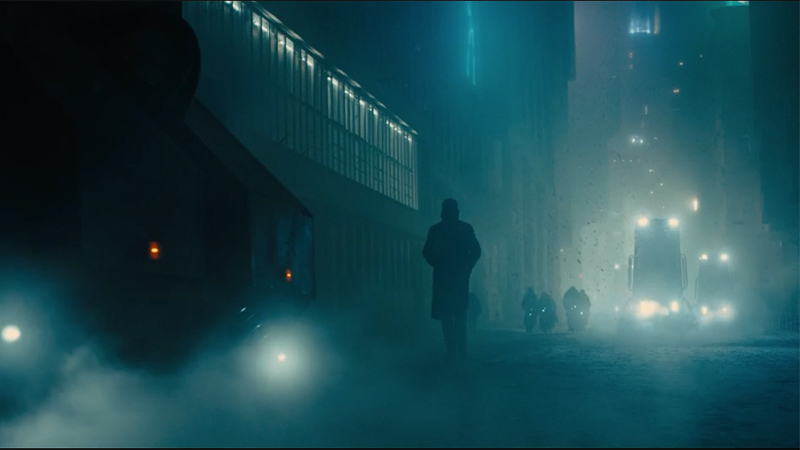Rwanda and Sri Lanka: A tale of two genocides
The Conversation
17 May 2019, 02:03 GMT+10
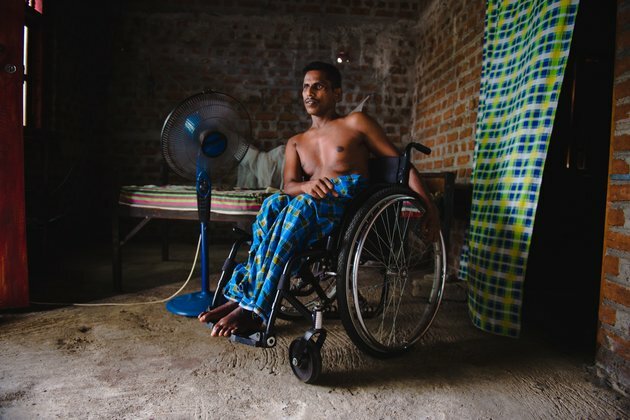
This year marks the 25th anniversary of the Rwandan genocide and the 10th year since the Tamil genocide in Sri Lanka. While the 1994 Rwandan genocide has become part of the world's collective memory, the 2009 Tamil genocide has not.
Mullivailkkal Genocide Remembrance Day on May 18, named after the village that was the site of cataclysmic violence, is a day to remember those who died in the Sri Lankan conflict. Mullivailkal commemoration events have been taking place around the world this month.
However, 10 years and a series of United Nations reports and resolutions have made little progress toward truth, accountability or reparations for the survivors of atrocity crimes in Sri Lanka. In the aftermath of the recent Easter Sunday bombings, the spectre of ethnic violence has resurfaced.
The Rwandan genocide offers important lessons for Sri Lanka.
Tutsis slaughtered
An estimated 800,000 Tutsis and politically moderate Hutu were killed in just 100 days in 1994. Thousands more were subjected to sexual violence and tortured in a systematic campaign by the Hutu ethnic majority.
Fifteen years later, another slaughter unfolded - this time in northern Sri Lanka. The protracted civil war between the national government and the Liberation Tigers of Tamil Eelam (LTTE) was coming to a catastrophic end. The goal of an independent state for the minority Tamils was slipping away.
Throughout the conflict, both sides failed to respect human rights and international humanitarian law. Unlawful killings and enforced disappearances carried out by the Sri Lankan security forces were daily occurrences. The LTTE was condemned for its suicide bombings and forcible recruitment of child soldiers.
For most of the 2000s, the LTTE was operating as a de facto state in the north and east. By early 2009, military losses had gradually crushed the LTTE's civil administration of these areas.
The LTTE and an estimated 330,000 Tamil civilians were trapped in a small piece of land on the northeast coast in the Mullaithivu District. The government ordered the UN to evacuate their last few international workers from the region while international media were excluded and local journalists silenced.
Carnage unfolded
Transatlantic cellphone photos and a few video clips had begun circulating with images of the unfolding carnage. Hospitals on the front lines were systematically shelled, as were food distribution lines and even Red Cross ships attempting to evacuate the wounded.
Within a few months, a brutal siege of the officially declared "safe zone" and the indiscriminate shelling of Tamil civilians concentrated there brought the war to an end. The Sri Lankan government celebrated its successful "humanitarian rescue operation." In fact, it was genocide.
By August 2009, Britain's Channel 4 News was broadcasting gruesome footage of summary executions and rape perpetrated by Sri Lankan soldiers. Dozens of surrendering Tamils, including senior Tiger political leaders and their families, had been shot dead by soldiers as they walked out of the safe zone hoisting white flags.
In 2012, the UN Secretary General estimated that 40,000 civilians were killed over the final five months of the conflict. The exact number, as in many conflict situations, remains contested and is likely higher.
Once the conflict ended, hundreds of thousands of Tamils were interned in squalid camps in the northern Vanni region. Even today, thousands of Tamils remain displaced in their own country.
'War without witness'
If the Rwandan genocide was a genocide foretold, yet no action was ever taken by the international community, then the Tamil genocide was deliberately hidden and dubbed the "war without witness."
In both cases, the UN and the European Union had direct warnings but opted against taking action. The international community's inertia in Rwanda and Sri Lanka has been acknowledged as "grave failures."
The establishment of an international criminal tribunal was an explicit attempt to grapple with Rwanda's past. Convictions were secured in the cases of 61 "ringleaders." A groundbreaking decision on sexual violence as an act of genocide was among its many rulings. Local "gacaca courts" conducted some two million trials. A truth commission continues efforts to promote reconciliation between the Hutu and Tutsi peoples.
While highly imperfect, these transitional justice mechanisms have generated a record of what really happened and why it happened.
In contrast, Sri Lanka has repeatedly reneged on pledges to investigate and prosecute war-time atrocity crimes. Abductions, torture in custody and sexual violence remain rampant amid a long history of failed promises.
Occupied land not returned
The harassment of Tamil activists as well as targeted violence against the Muslim community continue. Commitments to demilitarize and return occupied land are unfulfilled. Weak state structures, the lack of an independent judiciary and a culture of impunity remain significant obstacles.
As Harvard University scholar Martha Minow suggests, the relentless repetition of atrocity requires a pathway between "too much forgetting" and "too much memory," between vengeance and forgiveness. In Sri Lanka today, memory and memorialization are radical counterpoints to official state narratives that resist accounting for the past.
Holocaust survivor Primo Levi once said:
So long as impunity and the failure to address the root causes of atrocity crimes continue in Sri Lanka, lasting peace will remain elusive. Acknowledging the past must be a precondition to meaningful reconciliation.
A poem in Cheran's anthology In a Time of Burning evokes the challenge of closure in the wake of mass violence:
 Share
Share
 Tweet
Tweet
 Share
Share
 Flip
Flip
 Email
Email
Watch latest videos
Subscribe and Follow
Get a daily dose of Irish Sun news through our daily email, its complimentary and keeps you fully up to date with world and business news as well.
News RELEASES
Publish news of your business, community or sports group, personnel appointments, major event and more by submitting a news release to Irish Sun.
More InformationInternational
SectionNorth Carolina court allows suit over teen’s unapproved COVID shot
RALEIGH, North Carolina: North Carolina's highest court has ruled that a mother and her teenage son can pursue a lawsuit over a COVID-19...
Florida City to train local police for immigration enforcement
WEST PALM BEACH, Florida: City officials in Fort Myers, Florida, voted last week to approve a new agreement allowing local police to...
US unveils plan to modernize air traffic control amid safety concerns
WASHINGTON, D.C.: With flight delays rising and aviation safety under scrutiny, the U.S. government is preparing a sweeping modernization...
NTSB calls for urgent safety checks on 68 US bridges, including icons
WASHINGTON, D.C.: The U.S. National Transportation Safety Board (NTSB) has called for urgent safety checks on 68 bridges, including...
US expands oil, gas leasing and eases Alaska energy restrictions
WASHINGTON, D.C.: U.S. Interior Secretary Doug Burgum has announced plans to open more land for oil and gas drilling in Alaska and...
Lawmakers push for fewer military flights in Washington D.C. area
WASHINGTON, D.C.: Ten Democratic lawmakers in the U.S. House of Representatives have asked the Pentagon to reduce military training...
Europe
SectionObjections delay McDonald's drive-thrus in Ireland
DUBLIN, Ireland: McDonald's expansion drive in Ireland has hit a roadblock as two proposed drive-thru restaurants face appeals from...
Number of arrests over Monday's organised crime bust rises to 6
DUBLIN, Ireland - A sixth person has been taken into custody following Monday's search raids in connection with an ongoing investigation...
Ireland’s Central Bank warns of economic risk from US-EU trade dispute
DUBLIN, Ireland: As tensions rise between the United States and the European Union over potential tariffs, Ireland's Central Bank governor...
Welfare cuts in Ireland hit jobseekers under stricter work mandates
DUBLIN, Ireland: In 2024, thousands of jobseekers saw their welfare payments reduced for not fully engaging with employment support...
Finance minister warns trade war could hurt Ireland’s economy
DUBLIN, Ireland: Ireland's Finance Minister Paschal Donohoe has warned that an escalating trade war between the European Union and...
Ireland climbs to 15th in World Happiness rankings
DUBLIN, Ireland: Ireland has risen two places to become the 15th happiest country in the world, according to the World Happiness Report...



